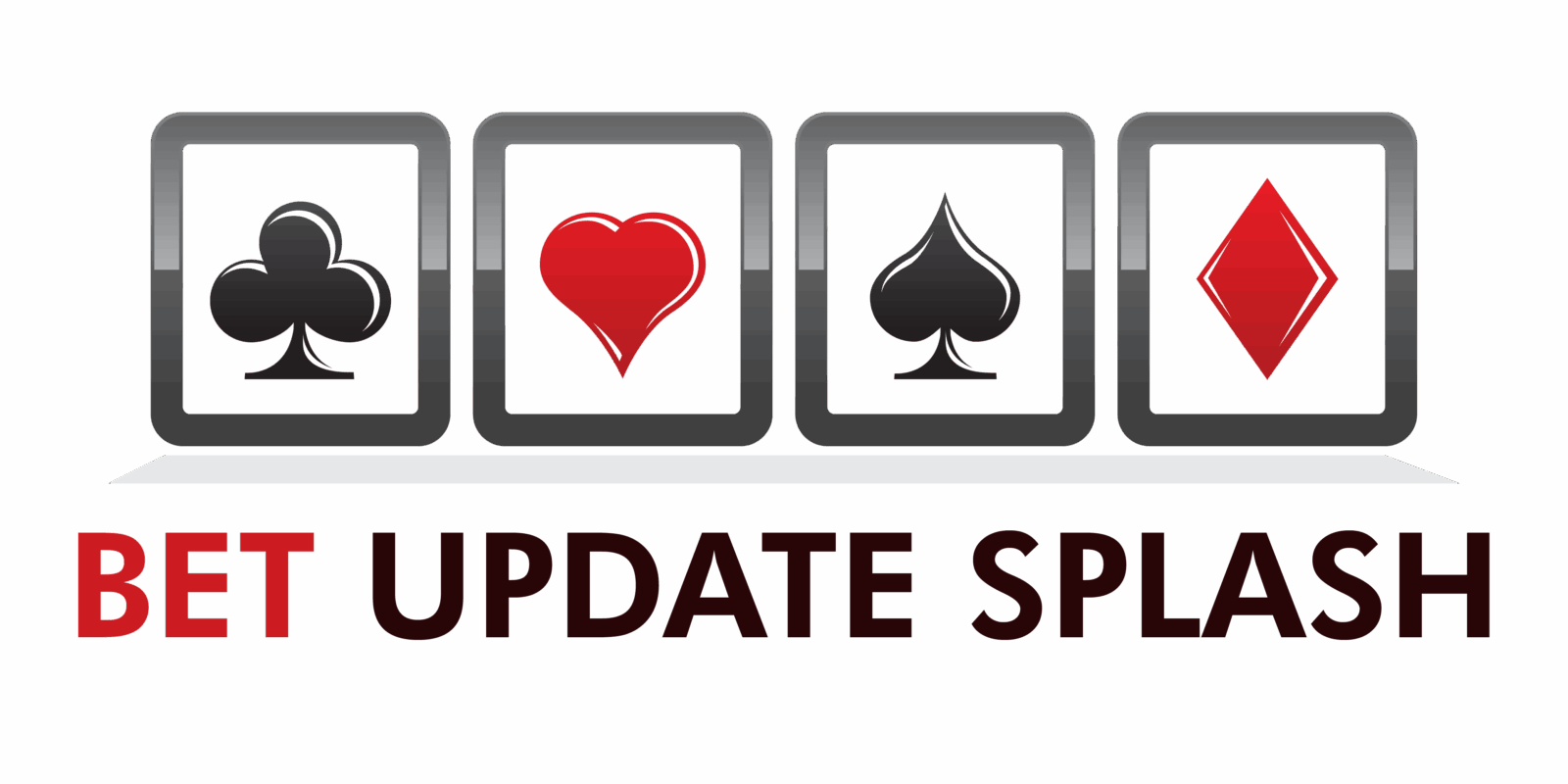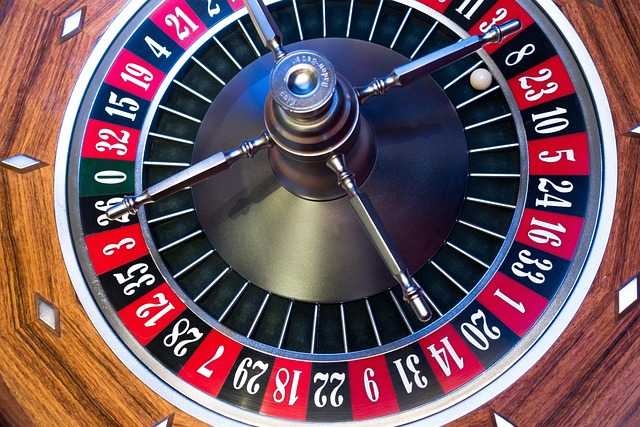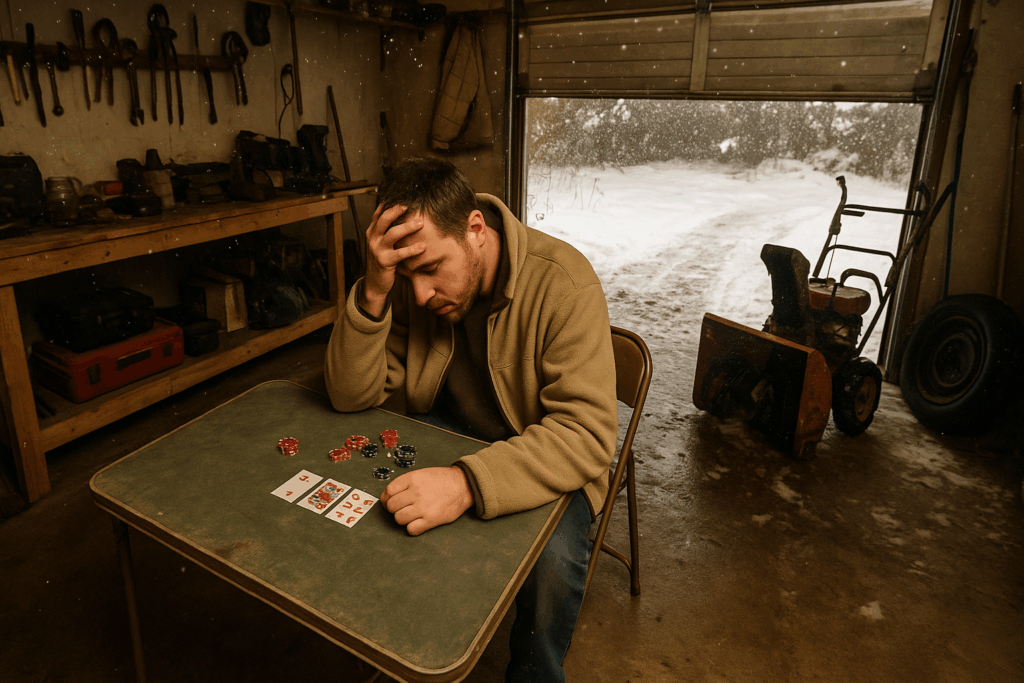Why Responsible Gambling Matters
At its core, gambling is less about hitting the jackpot and more about staying in control. That’s the part many miss. The thrill, the risk, the quick wins—they’re all part of the draw. But when the stakes go from dollars to discipline, things can tilt fast.
There’s a fine line between a good time and a gamble that owns you. Most players start for the fun, but not everyone notices when it stops being just that. Once you blur the line between entertainment and desperation, it’s hard to come back without damage.
Setting boundaries isn’t a nice-to-have—it’s the foundation. Time, money, and purpose all need limits. Without them, the game stops feeling like one. Responsible gambling means knowing when to start, when to stop, and why you’re playing in the first place. It’s not about avoiding the game altogether; it’s about making sure you’re the one calling the shots.
Know Your Limits Before You Play
Here’s the deal: if you’re going to gamble, go in with a plan. First, set a fixed budget. Not a flexible one—fixed. Decide what you can afford to lose without stress, and don’t chase losses. When it’s gone, you’re done. No top-ups, no second wind.
Same goes for time. Pick a time limit before you start and stick to it. Gambling platforms are designed to keep you playing longer than you meant to. Don’t give them that power. Set an alarm if you need to.
Finally, ask yourself why you’re logging in. Is this about fun, or are you escaping something—stress, boredom, frustration? If your why feels off, it probably is. Self-awareness is underrated when the stakes involve both money and mindset.
Limits aren’t about missing out. They’re about staying in control so you can enjoy the game without letting it run your life.
Tools and Strategies to Stay in Control
Let’s be clear—gambling platforms aren’t just offering flashy games and sign-up bonuses. Many now provide built-in tools to help you stay grounded. The catch? You need to actually use them.
Start with deposit and loss limits. These features cap how much you can put in or lose over a set time frame—daily, weekly, or monthly. Once those limits are hit, that’s it. No top-ups, no excuses. They’re simple to set and often take seconds to activate. If you’re serious about staying in control, they’re a no-brainer.
Next is self-exclusion. This isn’t about shame—it’s a reset button when you need space. With a few clicks, you can block access to your account for a time period you choose. Whether it’s a 24-hour break or six months off, it gives your habits room to breathe.
Time tracking and activity logs are also worth your attention. Most platforms log your sessions, spend patterns, and playing hours. Don’t ignore these. If you glance at your activity and feel uneasy, that’s your cue to rethink. Let the data ground you.
These tools aren’t just there for decoration. Use them proactively. They’re your guardrails in a game that doesn’t always play fair.
Recognize the Warning Signs
Gambling starts to cross a line when it stops being a game. Three red flags tend to show up early and often in problem scenarios.
First up: chasing losses. It’s that instinct to keep throwing money at the problem, believing the next spin or hand will fix everything. It rarely does. The hole just gets deeper. If you find yourself playing not for fun, but to undo a bad run, it’s time to stop.
Second: hiding your gambling. Whether it’s secrecy from family, lying about time spent, or getting defensive when asked—the need to cover your tracks says something’s off. Openness and honesty are the first things to go when gambling starts controlling the narrative.
Third: mood swings depending on wins or losses. If a good day means euphoria and a bad streak ruins your mood for hours—or days—that’s not just passing frustration. That’s you handing over emotional control to chance.
You don’t have to guess whether these signs apply to you or someone close. Learn more in this deeper breakdown: Identifying Problem Gambling—What to Watch For.
Mindset Over Mechanics
Your mindset is the foundation of responsible gambling. While strategy and tools help, no approach is sustainable without the right perspective. It’s not about beating the odds—it’s about staying in control.
Discipline Beats Luck Every Time
Relying on luck can quickly spiral into harmful decisions. Discipline, on the other hand, keeps you grounded and aware of your limits.
- Set non-negotiable limits on money and time
- Stick to your plan—even when you’re on a winning streak
- Accept losses as part of the game, not something to “make back”
Entertainment, Not Income
Gambling should be fun, not a financial strategy. The moment it turns into a source of income in your mind, the risk factor increases dramatically.
- Treat gambling like a night out, not a paycheck
- Avoid making decisions based on a need to win
- Never place bets you can’t afford to lose
Watch Out for “Just This Once” Thinking
Every serious gambling problem began with small exceptions. That one extra bet? That last-minute deposit? These small “just this once” moments chip away at your boundaries.
- Excuses like “this time will be different” often lead to more risk
- Regularly check your behavior—are you bending your own rules?
- Build habits that make it easier to say no
Mindset isn’t a quick fix, but it’s the strongest defense you have. Set your expectations clearly and check in with yourself often. Responsible gambling starts in your head—even before your first bet.
Building a Safer Gambling Environment
If you’re going to gamble, make sure you’ve got backup. Not all support networks are created equal, so talk to people and programs that know what they’re doing. That might mean reaching out to a national helpline, joining a local support group, or even getting help from a trusted friend who’s not afraid to call you out when needed. You don’t have to be in crisis to ask for help—it’s smarter to get ahead of the curve.
Platforms are catching on too. Many now offer built-in tools like cool-off periods, reality checks, and spend trackers. These aren’t just gimmicks—they’re there to keep you anchored if emotions start driving decisions. Use them. Look for platforms with clear responsible gambling sections. That’s not just good UX—it’s a sign they’re taking the problem seriously.
And here’s the real test: can you speak up for yourself when it counts? Advocating for your own well-being means setting rules, enforcing boundaries, and stepping back when the line blurs. You can enjoy the experience without losing control—but it takes clarity, not just luck. Stay in the game by making sure the game doesn’t overtake you.
Final Thoughts
Gambling responsibly isn’t about taking the fun out—it’s about keeping the fun in your control. That starts with setting your own rules: a budget that doesn’t budge, time limits that don’t stretch, and a clear stop signal when the game stops being just a game.
This isn’t about fear. It’s about playing smart. Responsible gambling doesn’t mean less excitement—it just makes that excitement sustainable. Chasing a moment of thrill isn’t worth losing the long game.
Know when to walk away. Not because you lost, but because you decided to. That’s power. And in the end, that’s what keeps gambling what it was always meant to be—entertainment, not a trap.


 As a content writer of BetUpdateSplash Steven Riverswanser specializes in blending technology with sports strategy. With years of experience in digital platforms and predictive analytics, Steven contributes fresh ideas to keep the site ahead of betting trends. His writing combines tech-driven accuracy with an approachable style that helps readers understand the fast-changing world of sports betting.
As a content writer of BetUpdateSplash Steven Riverswanser specializes in blending technology with sports strategy. With years of experience in digital platforms and predictive analytics, Steven contributes fresh ideas to keep the site ahead of betting trends. His writing combines tech-driven accuracy with an approachable style that helps readers understand the fast-changing world of sports betting.

